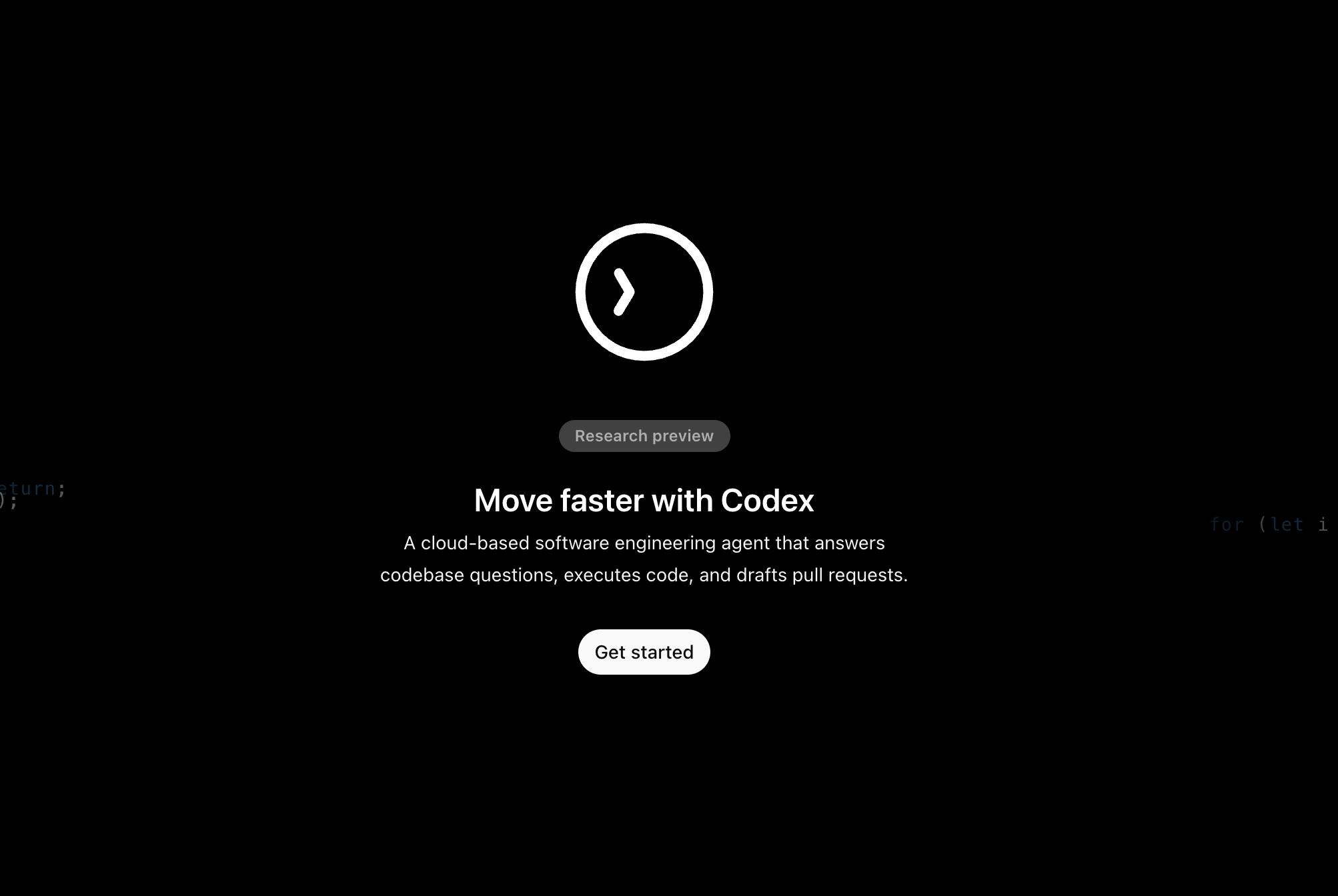Hackernoon
7d
107

Image Credit: Hackernoon
OpenAI's Codex Aims to Ease Programmers' Headaches
- OpenAI’s Codex has revolutionized coding by transforming natural language into functional code, allowing developers to focus on designing sophisticated systems.
- Codex represents a paradigm shift in software creation, transitioning from sequential to parallel development processes.
- As a cloud-based AI coding assistant, Codex collaborates with developers, taking on tasks independently and running multiple tasks simultaneously.
- Codex goes beyond autocomplete, understanding context and generating syntactically correct code snippets, enabling developers to focus on the 'what' and 'why' rather than the 'how.'
- By handling repetitive tasks, Codex enhances mental bandwidth, allowing senior developers to think critically about system behavior and long-term maintainability.
- Furthermore, Codex reduces context switching by providing a consolidated space for various coding tasks, leading to more sustained periods of focus and creative problem solving.
- Codex usage examples include designing architectures, debugging with a thinking partner, and exploring new paradigms, benefiting developers with streamlined workflows and accelerated learning.
- Real-world use cases of Codex include tasks like refactoring, prototyping, feature development, and test writing in companies like OpenAI, Cisco, and Temporal.
- Overall, Codex by OpenAI elevates developers to take on more strategic roles, guiding AI collaborators, and shaping the future of software development.
- Codex represents a significant advancement in AI-powered coding tools, empowering developers to focus on innovation and problem-solving.
Read Full Article
6 Likes
For uninterrupted reading, download the app